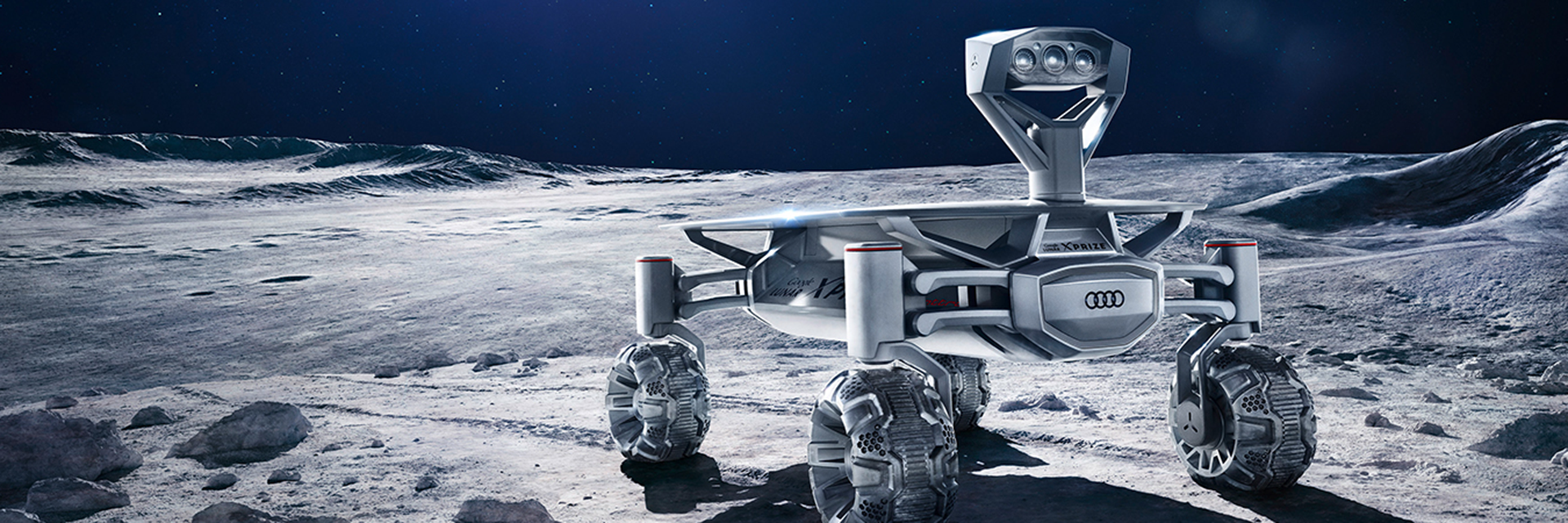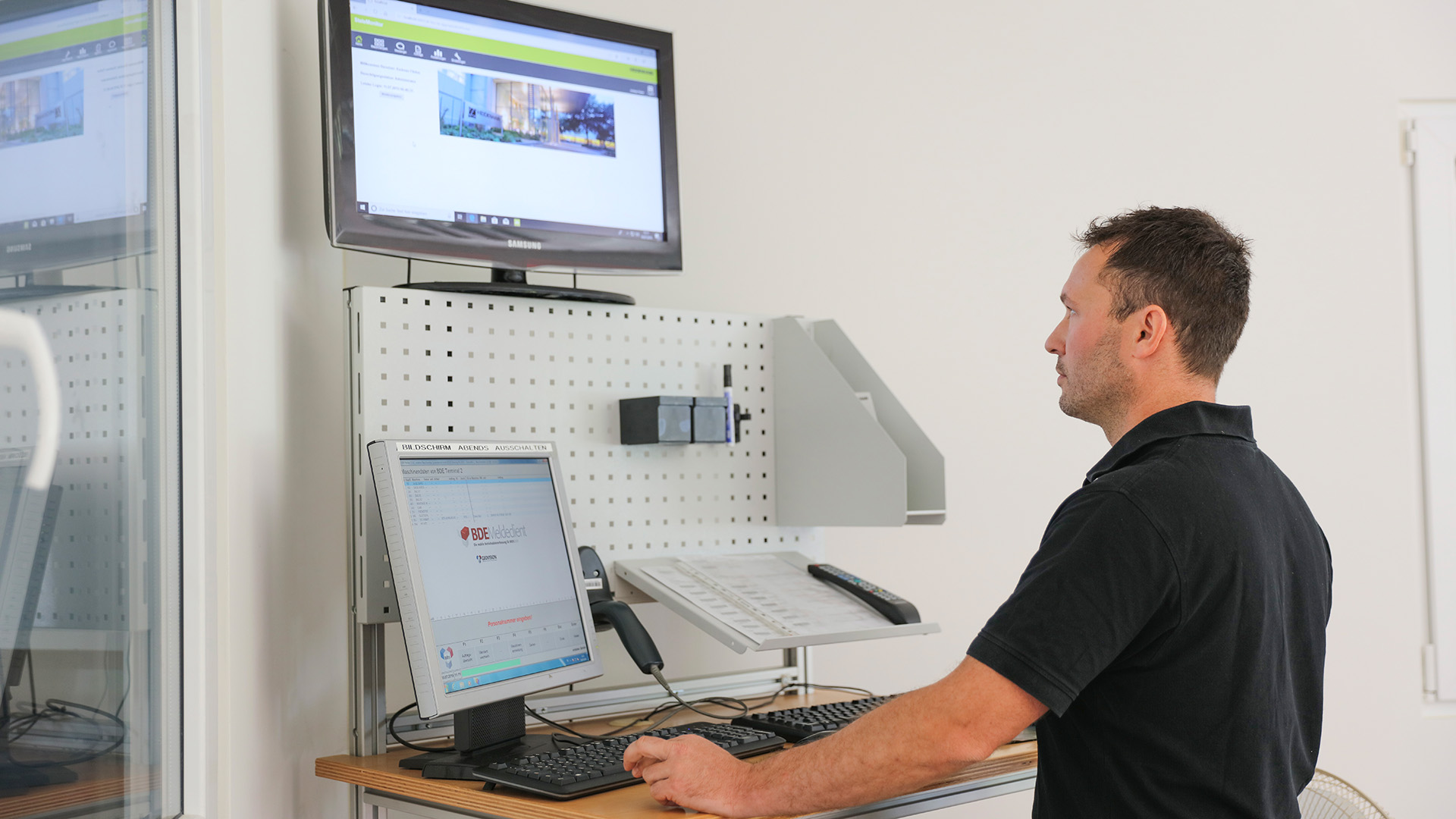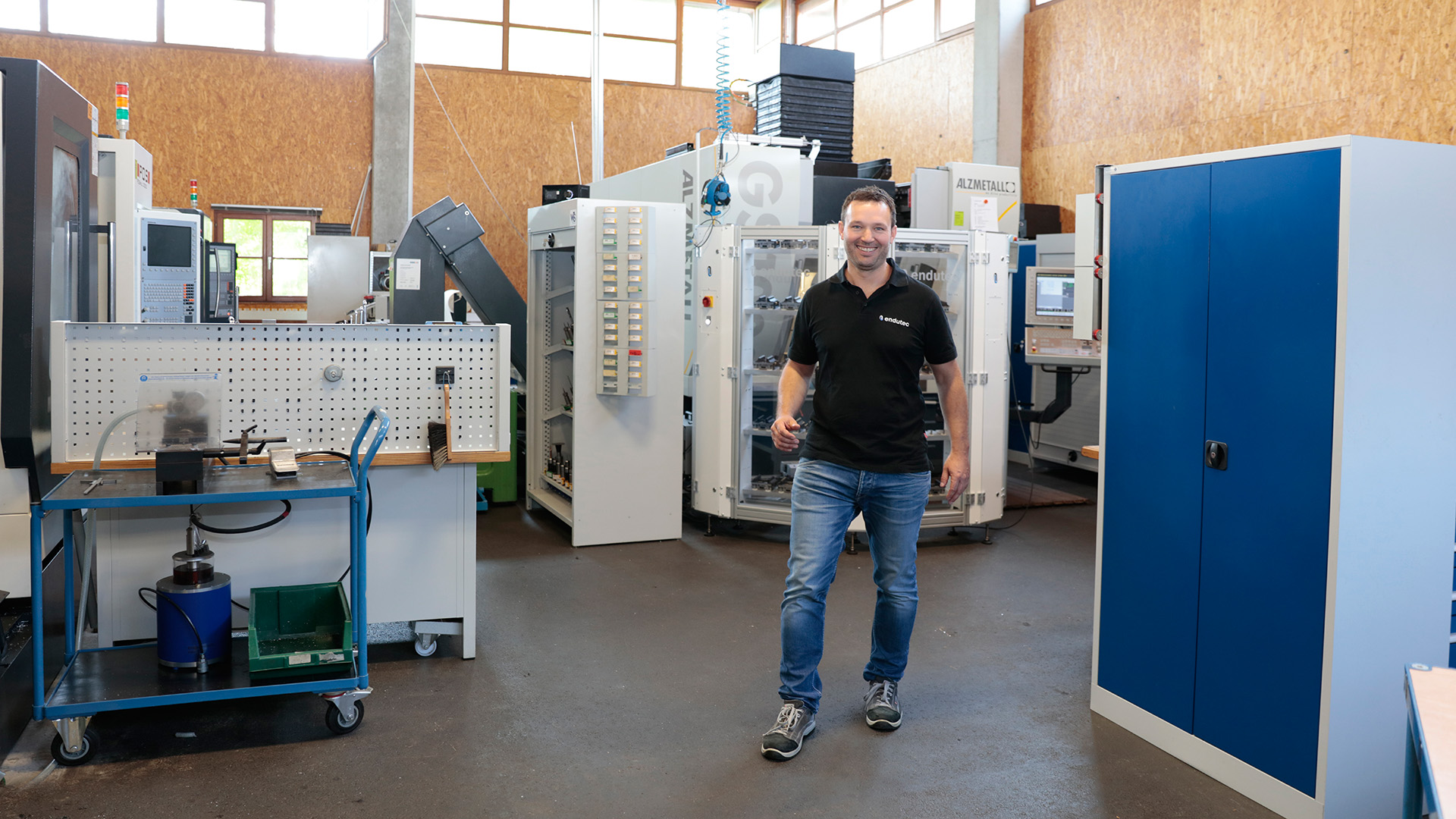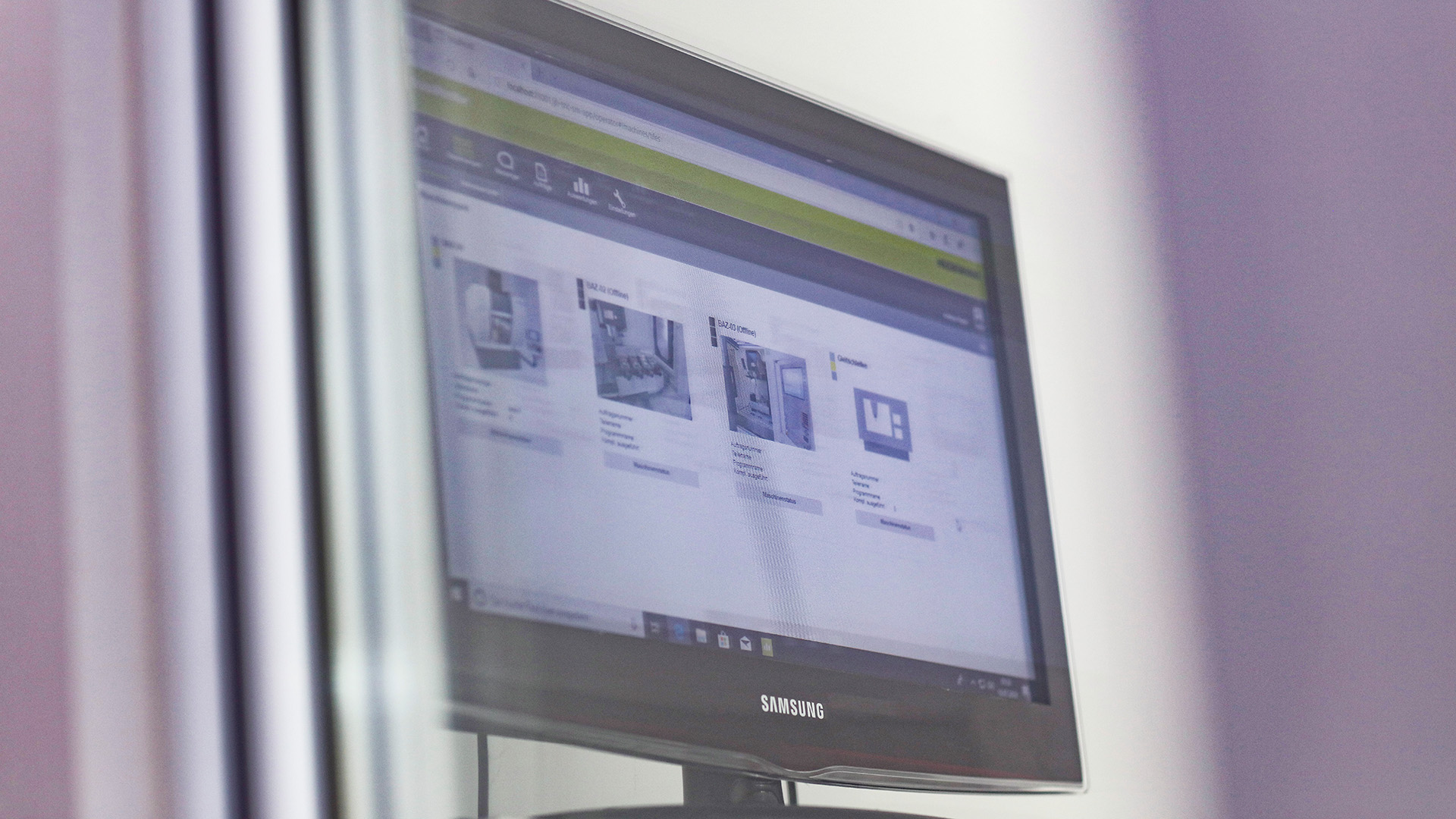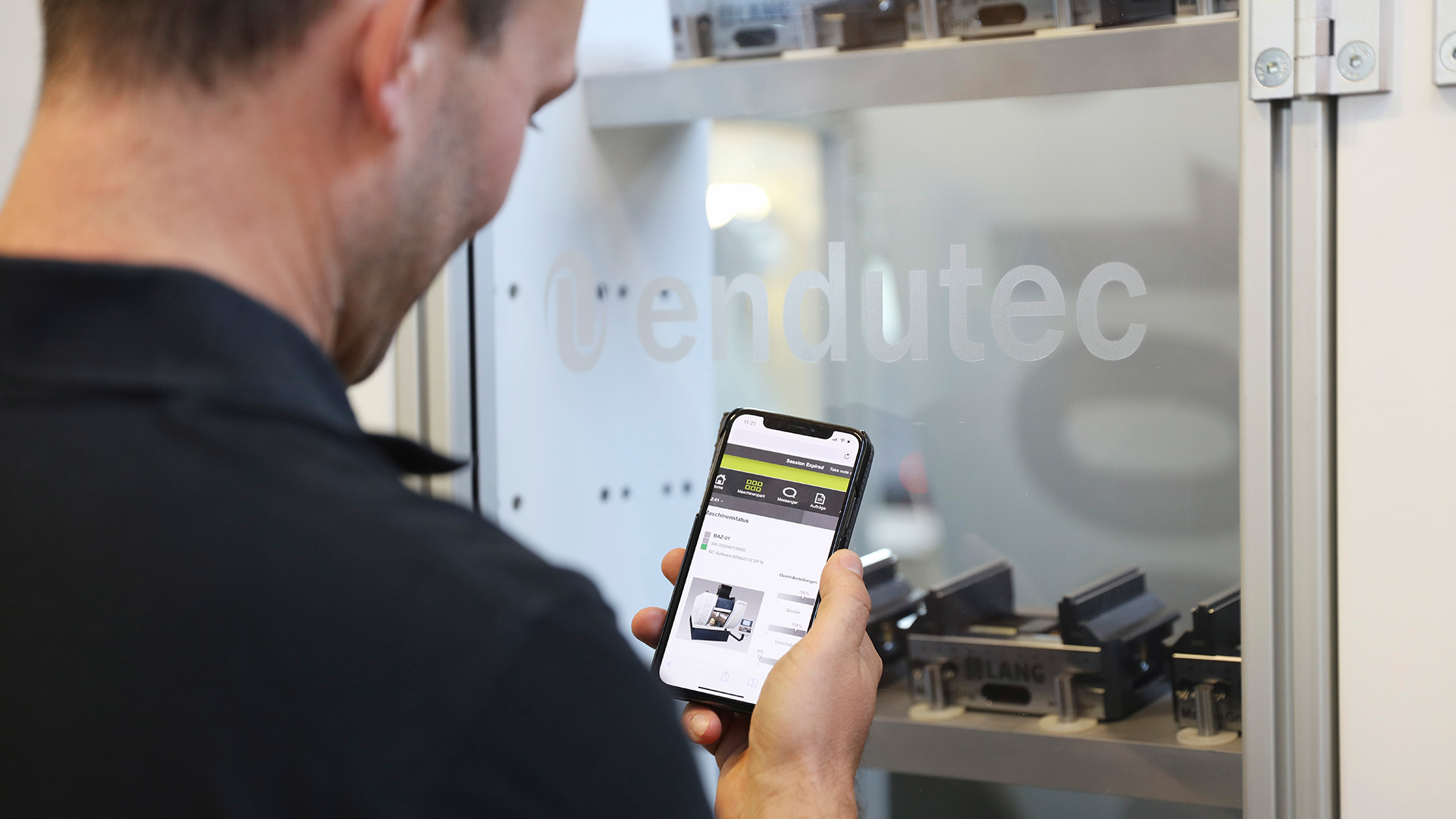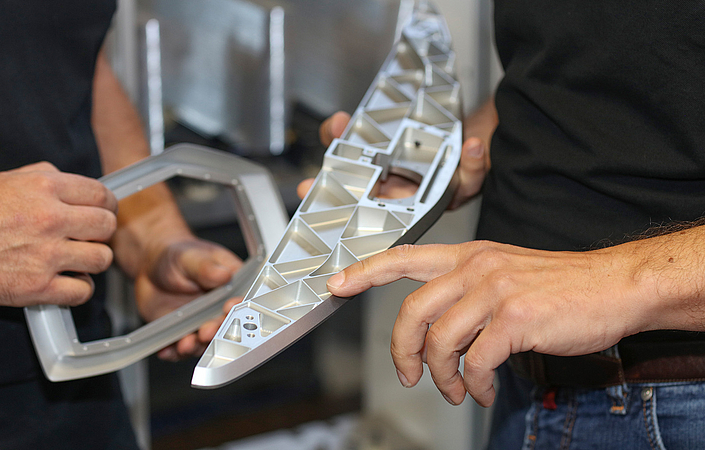It's the year 2104. The spaceship Covenant is on its trajectory to a distant planet. Upon landing, the crew believes itself to have arrived on a habitable paradise. Maggie Faris sets out to explore unknown territory with the Audi lunar quattro. However, the crew soon realizes that it is trapped on a sinister world.
While most science fiction vehicles originate from the creative pen of Hollywood, the movie "Alien: Covenant” is an exception. The Audi lunar quattro moon rover is very much a reality and is set to play a key role in an actual mission to the moon. Half a century has passed since Neil Armstrong walked on the moon. Now, the new German aerospace start-up PTScientists from Berlin aims to return to the Apollo 17 landing site in the Taurus-Littrow valley. Together with its partners, the company has developed the ALINA lunar lander and the Audi lunar quattro moon rover.
The obstacles
He set about implementing the project together with his partner Michael Hascher and a team of design engineers and milling machine operators. They faced three major challenges.
The concerns expressed by the aerospace companies proved to be true: the design had to be modified to make the components millable at all. "All of the walls are very thin, because in the aerospace sector every gram counts," explains Flieher. One need only consider the current lunar freight costs, which start at 800 000 euros per kilogram.
Secondly, the deadline of just under two months was extremely tight. This is nothing new in the lunar mission business; NASA also faced enormous deadline pressure after John F. Kennedy announced his intention to put a man on the moon by the end of the 1960s.
Thirdly, the extremely long production times of up to 14 hours had to be implemented with existing capacities and despite full order books. "The only way was to exploit nights and weekends using our own automation technology,” says Flieher. "This included our assembly robot in combination with StateMonitor from HEIDENHAIN, which actively informs us about the statuses of our machines."
